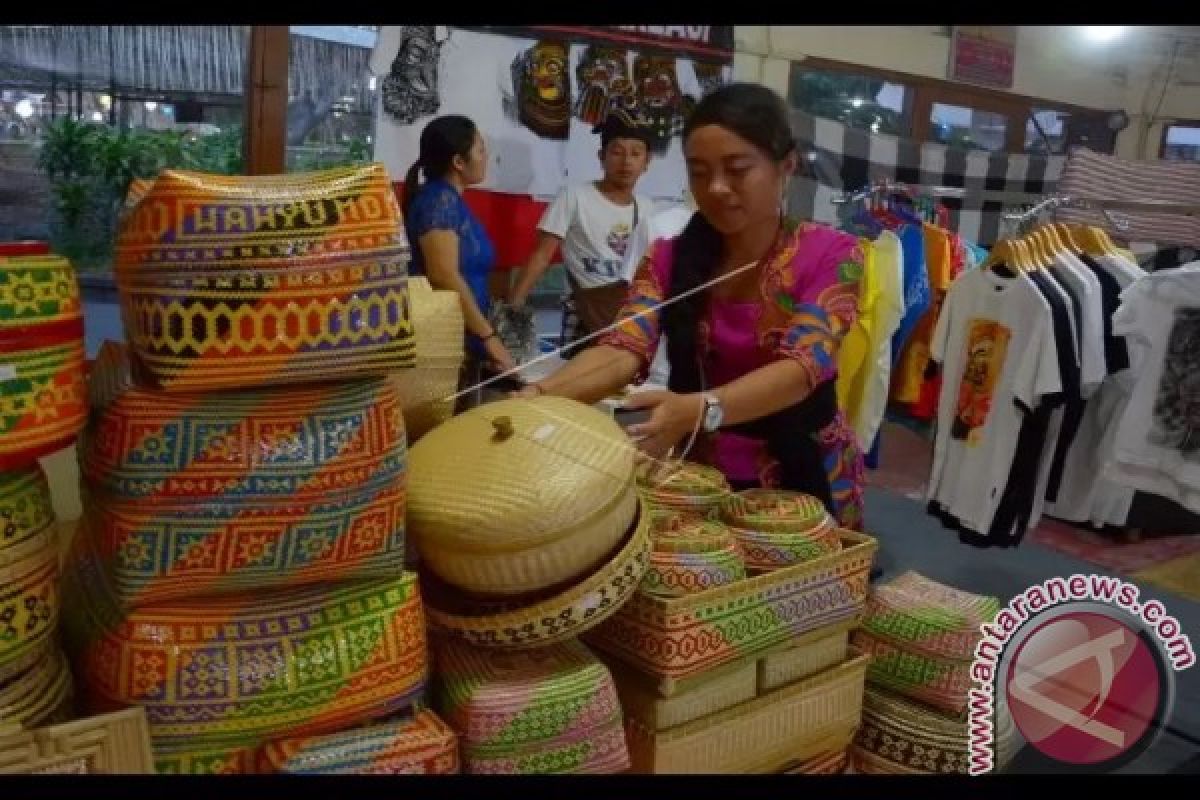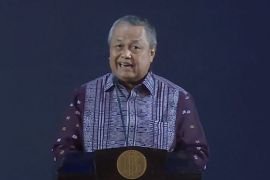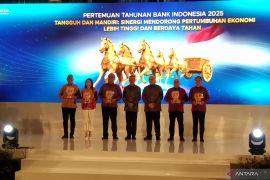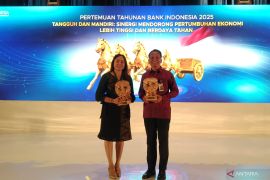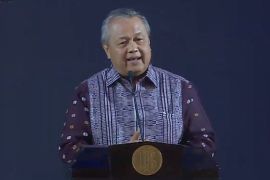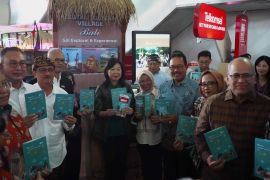Jakarta (Antara Bali) - Bank Indonesia said it would seek to boost development of micro, and small medium enterprises (UMKM) through cluster program to open more jobs.
The ultimate goal is to improve the welfare of the low income people and to help control inflation, Monetary and Economic Policy Director of the Central Bank Yoga Affandi said here on Tuesday.
Small business development would be developed based on the potentials of each area, Yoga said, adding "We want to increase UMKM`s productivity by focusing on inflation contributing commodities."
He said since 2014, development of inflation control program through cluster has been focused on food resilience commodities and commodities as inflation pressure sources such as rice , red pepper, chili, red onion, garlic and export oriented commodities.
He said by the end of the first quarter of this year , there had been 173 clusters developed by the central bank occupying a total of 7,534 hectares of land all over involving 13,700 farmers including livestock raisers.
Yoga said the cluster program has provided jobs for more than 27,500 workers by UMKMs.
Economic observer from the University of Indonesia Dr Lana Soelistyoningsih success in controlling inflation is a key to improving the welfare of the people.
High inflation would weaken the purchasing power of the people. Dr Lana said.
Quoting official data of the Central Bureau of Statistics (BPS), Dr Lana said inflation of 0.01 percent in October, 2017 was lower than the average of 0.16 percent in October since 2009.
The economic lecturer at the state university said the decline in sales recorded by retailers was party caused by delay in shopping by middle class consumers, which chose to increase their savings.
Change in ways of transactions from conventional system to "e-commerce" or online also contributed decline in retail sales though the impact is not yet significant.
The economist from PT Samuel Asset Manajemen said in a bid to prop up the purchasing power of the people, the government has sought to maintain price stability through the role of Regional Inflation Control Team and by setting highest retail price (HET).
In addition the economy of the people is stimulated with early disbursement of social aid and by the use of rural fund for labor intensive projects. (*)


